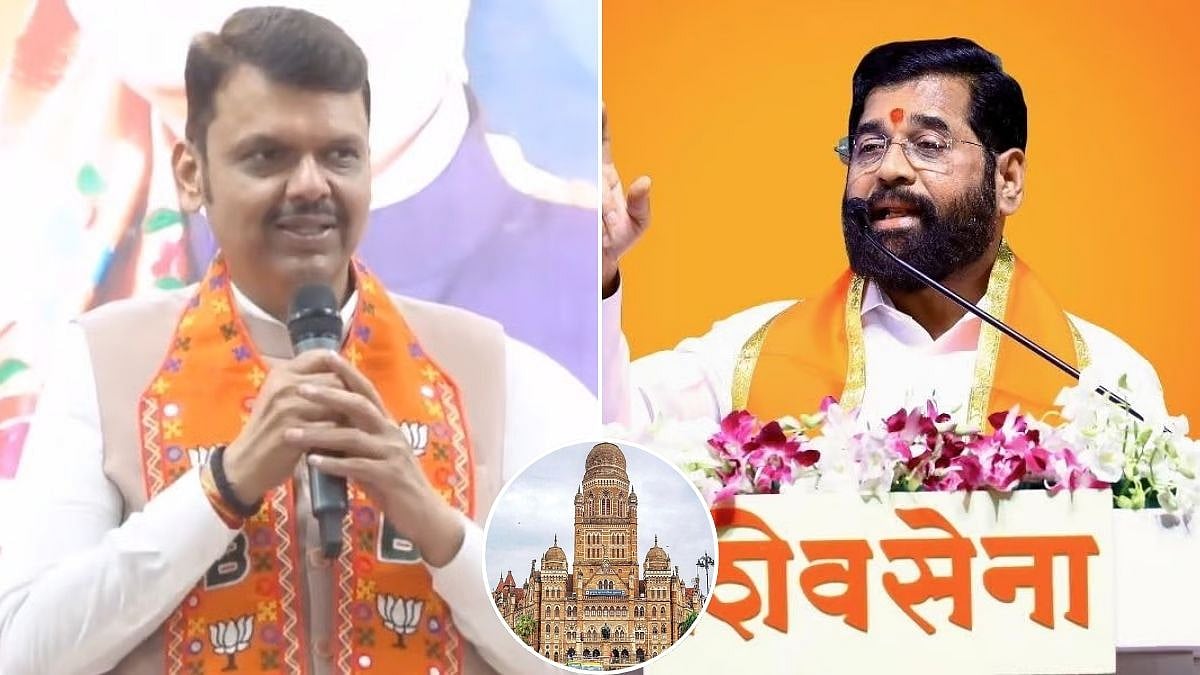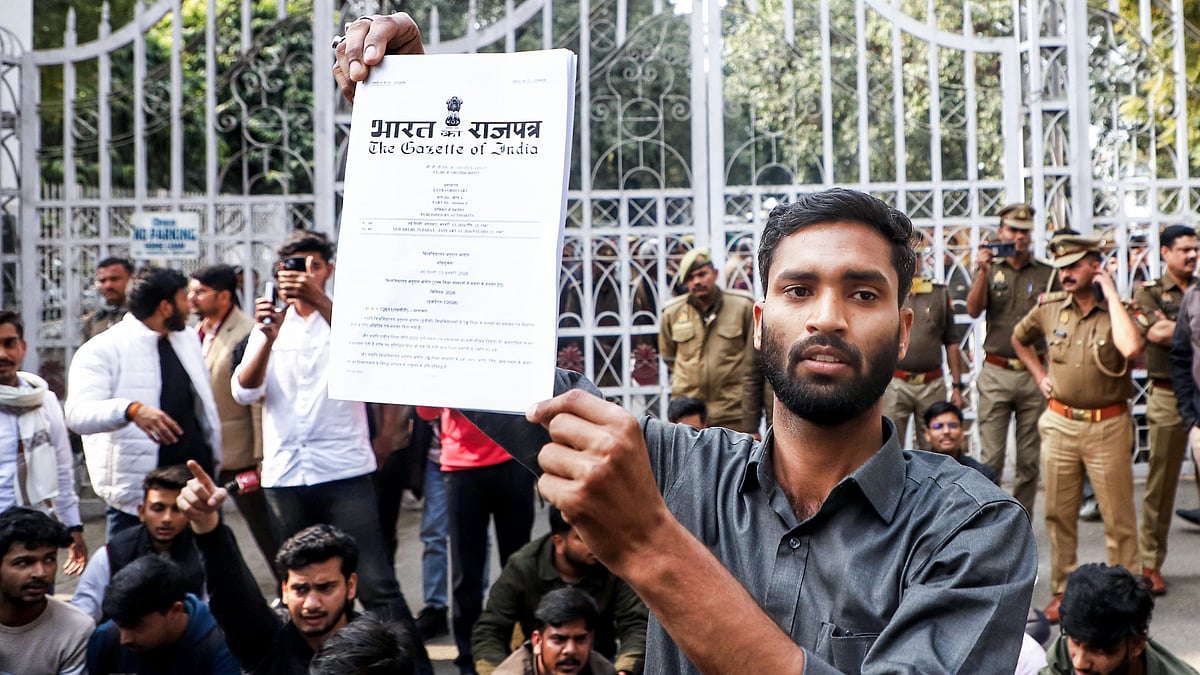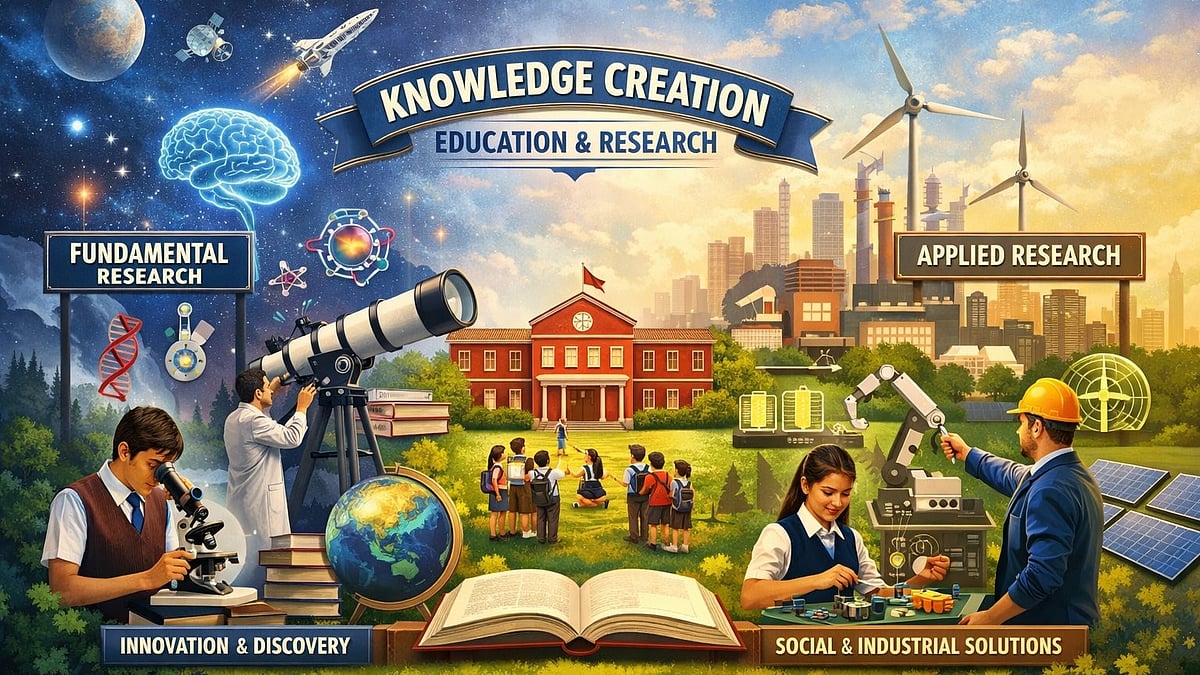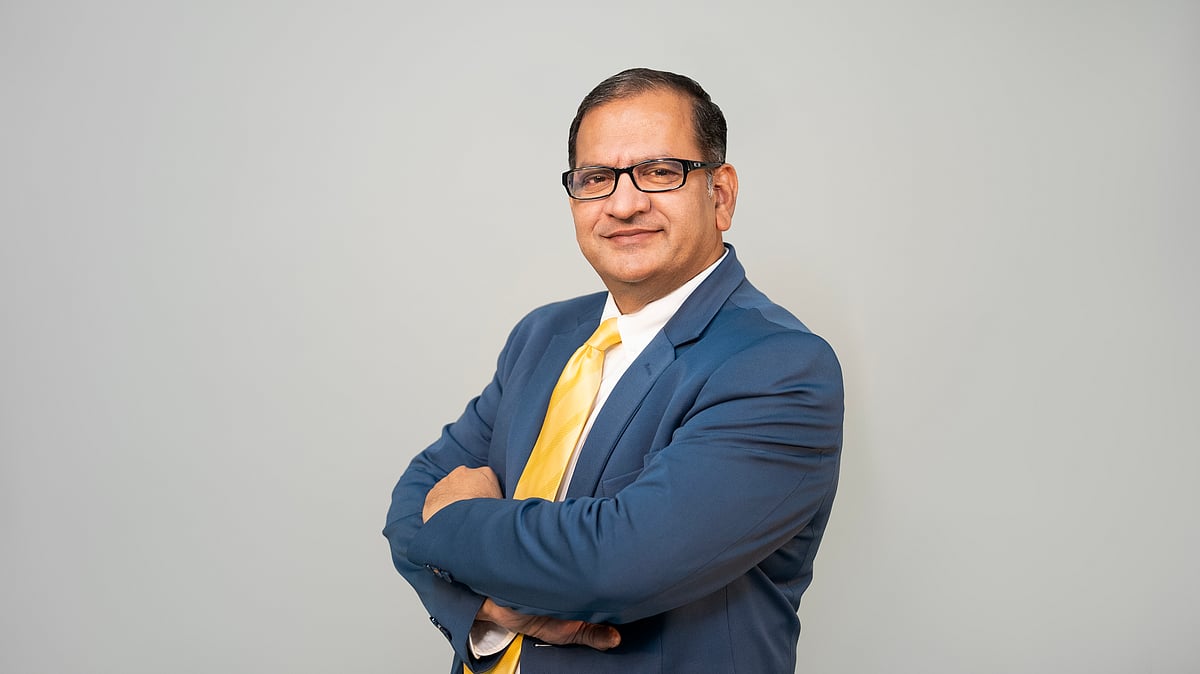Was digital disruption expected or did the pandemic hasten it?
The education system was ready for change even before the pandemic happened as, I believe, it didn’t meet 21st-century demands. The use of technology in the classroom is not new. We have had smart boards, Massive Open Online Courses (MOOCs) in trend for some time now. The teachers and students had already started relying heavily on the internet for learning resources. The Ed-Tech boom started before COVID. Of course, the pandemic provided the impetus it required to take off. Now, it is time to pause, think about the customers’ needs and reshape the industry. There is a decrease in the appeal of online education because of the cost and the physical learning option being available again. Hence, we need a hybrid approach towards education now.
But if online works for children in school, there is an entire argument against it.
In a country like India, while online has been successful in the past, it came to the forefront during the pandemic. However, offline is the name of the game now. Everything is moving back offline and it is back in business. Currently, there is an argument for offline versus online. Online is convenient and time-saving, and the resources are available in abundance. India has always followed a traditional way of learning and we have a traditional mindset. The three points of education — students, parents, and tutors — prefer a personalised touch in learning rather than being limited just to a screen. I believe this is going to be there for a long time.

Minal with her brother Jai Karan Anand |
Did online penetrate the rural market at all?
When we have systems where daily need products can be delivered to the remotest part of the country, then why not the same with a good education? There are, of course, infrastructure challenges in the rural area but with initiatives such as Digital India, those barriers are gradually coming down. Annual Status of Education Report (ASER) 2021 found at least 27.9 per cent of households in rural India bought a new smartphone for their children’s education this year. Despite having at least one smartphone at home, children could not use it for online education. Also, the parents’ education and the overall mindset played a crucial part but online education has made an entry into the rural areas as well.
People jumped into the Ed-Tech space in the last two years, you foresee a shake-up?
People definitely jumped into the Ed-Tech space because they saw a lot of funding coming in and high valuations and opportunities. There is going to be a shake-up for sure because the shift is towards blended or hybrid learning. What Ed-Tech companies did during the pandemic was that they created high-tech products that were only online-centric. Such companies are going to see a shake-up because that is not what the demand is. What the demands were during the pandemic compared to what they are now are quite different. Offline is going to stay and, therefore, there is going to be a shake-up.

Several start-ups are falling. What qualifies as a good business plan?
A good business plan is to have a broad vision for the future. It is important to cater to a need rather than creating products that sound good or that you believe will be good for the market. It is important to create products or companies based on what people want or need. It shouldn’t be based on what sounds good but has no market. I always tell everyone that their business plan should comprise at least 50 USPs defining why their products are different from the other players in the market. It should be an extensive business plan with a clear vision, growth strategy, funds flow, and marketing plan. You should be clear on what you are going to do, how you are going to do it, when you are going to do it, and what your go-to-market strategy will be once everything is in place.
How do you retain teachers?
The best thing that GuruQ offers to its tutors is flexibility. The tutors can set their charges/hour and make their schedules. There is no minimum or maximum cap from GuruQ’s end. The tutors set the charges as per their qualifications and experience. This is a real boost to the tutors. Also, we do extensive marketing to ensure that our certified tutors get leads and enrollments. The entire process, from registration to getting a lead, is transparent with the tutor involved in every step as the major stakeholder. There are various perks associated with the tutor’s involvement over the platform. These are some of the reasons GuruQ is already one of the largest tutoring communities with over 35,000 tutors on board. For us, they are the stars. GuruQ doesn’t just address the needs of the students but also considers the challenges the tutors face in India. We are also planning to launch more tutor engagement activities that have never been heard of in the Ed-Tech space. These activities will surely change the outlook of the Indian education system toward tutors.

When you look back, what works for quality education — offline or online?
When I look back, it is neither ONLINE nor OFFLINE that works for quality education. It is a mix of both. It is important to focus on hybrid learning. Before the pandemic, a small percentage of students (maybe not even one per cent) studied online. But during the pandemic, almost every student had the opportunity to learn online. After the pandemic, we again have 90-95 per cent of the students studying offline. Online will always be a supplementary form of learning. It will not be a primary form of learning. Online is convenient to save time, do revisions, last-minute guidance, and resolve doubts. This will ensure the continuity of online learning. But as a primary source of learning, offline is going to be at the forefront.
Any analytics from your student base you have gathered?
From the student base, we always keep on gathering some kind of analysis. The trend has shifted from online to offline drastically. Ninety-five per cent of students have gone back to the offline mode to study. Offline is here to stay and it is not going anywhere anytime soon.
Tell us a little about yourself.
I studied in Modern School, Vasant Vihar, and then in Vasant Valley, Delhi. I then did undergraduation at Boston University where I was a finance major. I graduated in three years and came back in 2013. I then joined my family business, which is a chemical manufacturing company. It is a 55-year-old company that my grandfather started. I started working three weeks after my graduation as I was hungry and eager to work. In 2017-18, I started pondering over the idea of starting an Ed-Tech platform. We commissioned KPMG to do our business modelling. We did a lot of industry research, market study, and focus groups, and that is how GuruQ came into being. This is a little something about me.

What do you like to do in your free time?
Besides my work, I enjoy spending time with my family, friends, and dogs. I am a big dog lover. I am a fitness fanatic and enjoy outdoor activities such as golf, rock climbing, etc. I enjoy travelling and look forward to visiting new places and having a good time. As an entrepreneur, you don’t get much time to spare but whatever time you get, hold onto it and cherish it.
This is a male-dominated industry, was it difficult to work around?
The Ed-Tech industry like every other industry is male-dominated. It was difficult to work around it. Having come from a chemical and manufacturing industry, I already knew what a male-dominated industry looked like. Hence, it wasn’t overwhelming to me. It’s disheartening to see that men are given more opportunities than women, especially when we talk about funding. Only one per cent of the global funding is given to women entrepreneurs.

Many times, I am asked by my investors whether I have a male co-founder as just being a single female founder is not enough. You deal with biases and preconceived notions as a woman. I hope that one day women don’t have to face these issues. The questions that I would get from my potential investors and industry counterparts compared to what a male counterpart would receive were quite different. A man can simply stand in the room to get respect but a woman has to prove herself real hard to get the same respect.
As a woman, what different inputs did you bring to the company and teaching?
The question that as a woman what inputs I brought into the company already has a lot of bias in it. I should have been asked as a leader what I brought to the company. That’s exactly the kind of questions I receive as a woman entrepreneur. This is the difference that we create or surround ourselves with that as a woman I should bring something else, something different or something out-of-the-box that a man won’t be able to do and this is what we need to change. This is what I want to change.










